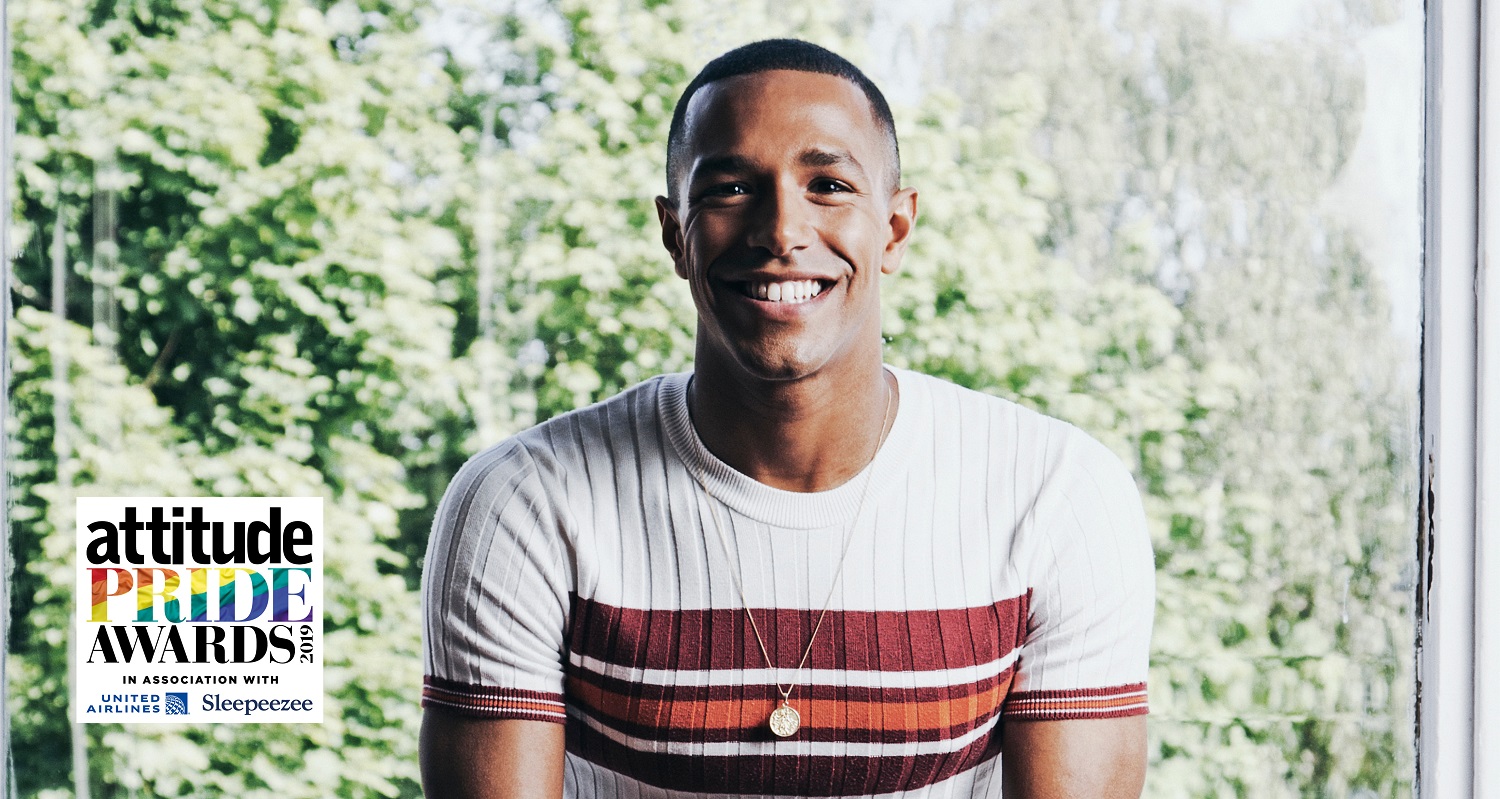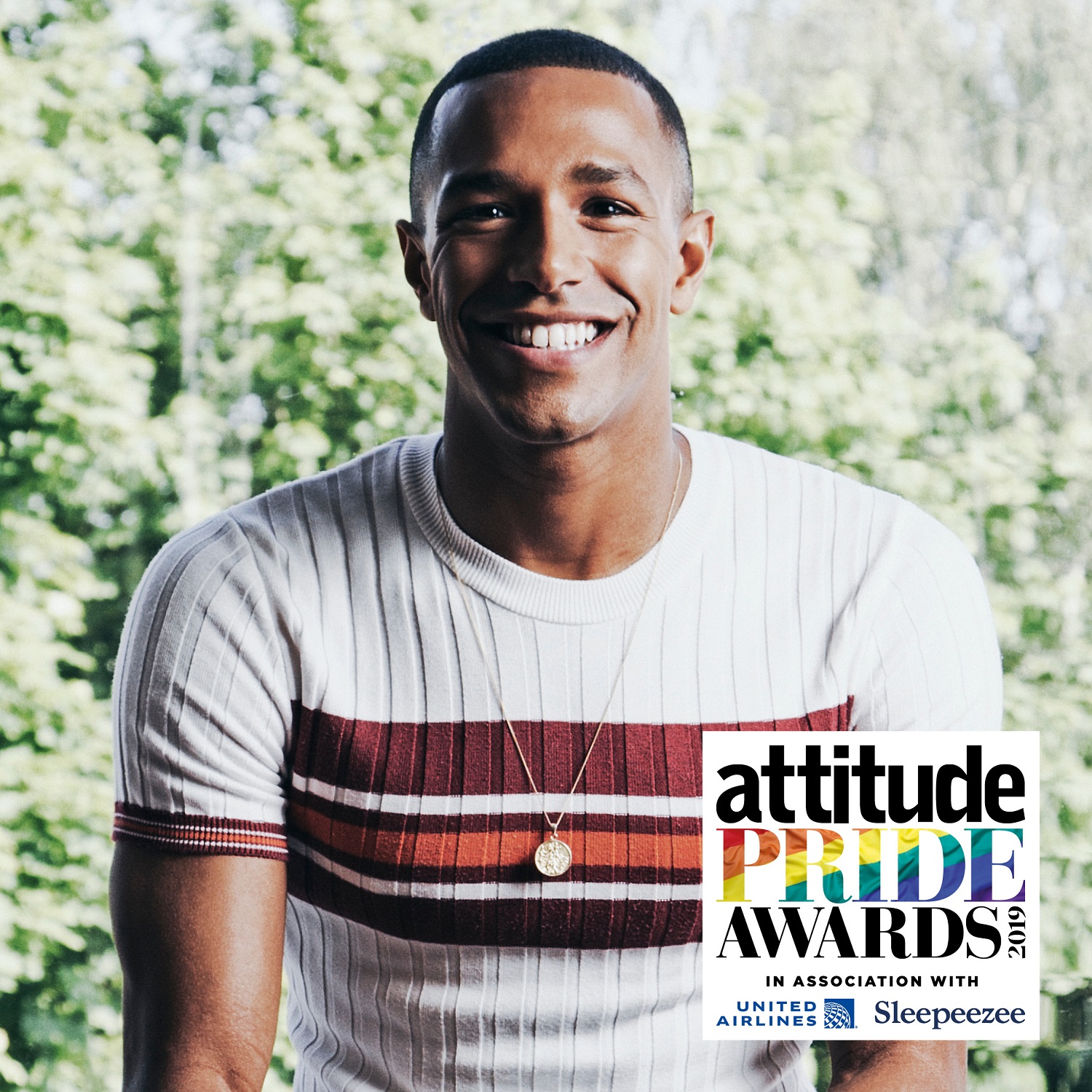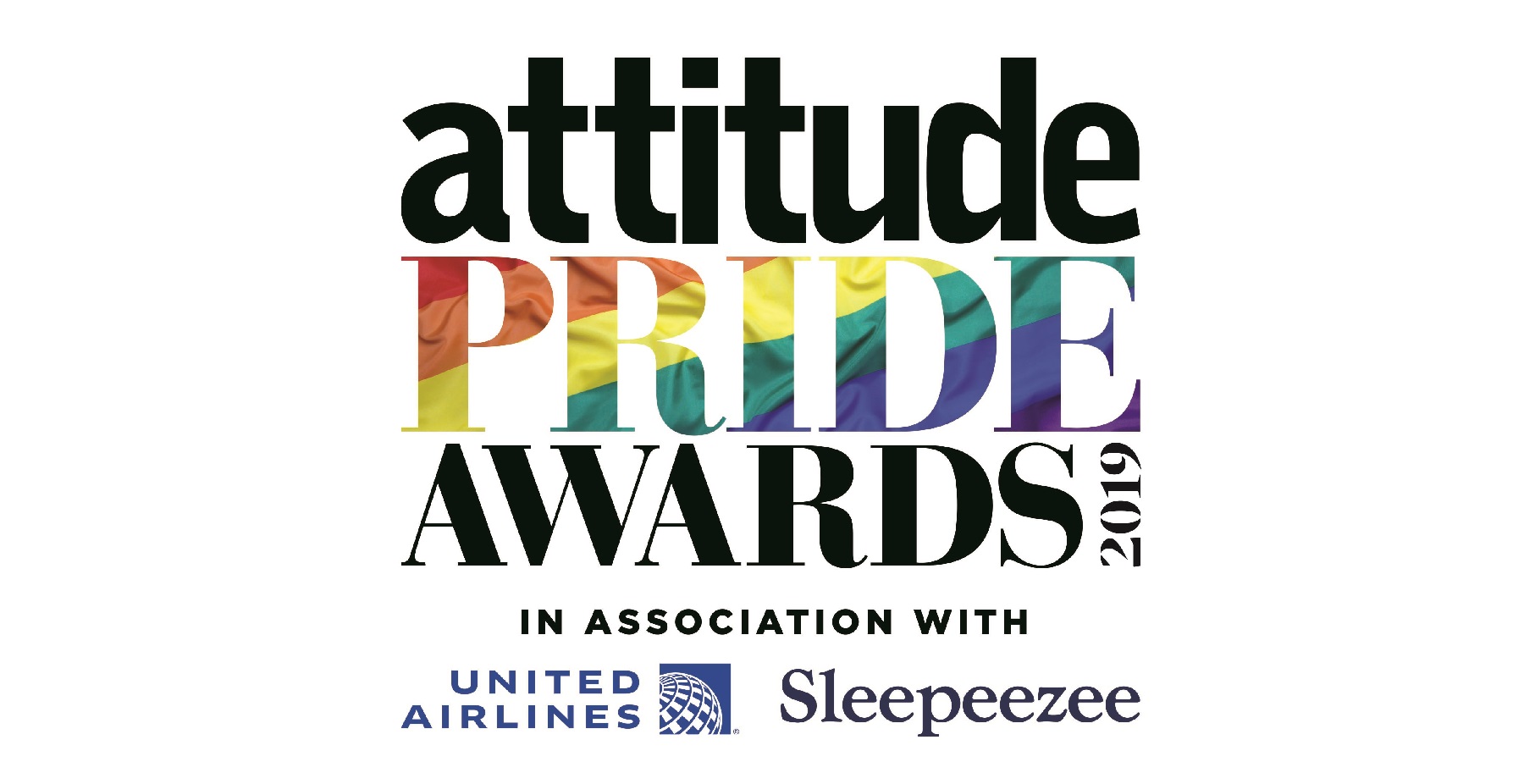Attitude Pride Awards: The gay swimmer proudly representing a country where it’s illegal to be gay
Michael Gunning came out as gay last year while appearing on dating reality show 'The Bi Life'.
By Steve Brown

“I was worried it would take away from my swimming and that it was going to be a bad thing, but I’m swimming the fastest I’ve ever swum because I’m so happy,” he exclaims.
British-born Michael, who competed for Team GB before changing lanes to represent his father’s native country of Jamaica, made a real splash when he appeared on TV dating show The Bi Life, hosted by Courtney Act. During the show, he came out as gay.
“I went on a date with a guy and knew instantly that there was more of a sexual attraction towards men,” he says.
Wading into choppier waters, Michael admits that flying the flag for Jamaica is a double-edged sword, given the Commonwealth country’s appalling track record when it comes to LGBTQ rights, or rather the complete lack thereof. Same-sex activity is illegal and punishable by up to 10 years in jail — possibly with hard labour.
“It’s such a privilege to represent my dad’s heritage, to wave that Jamaican flag. But it is hard knowing the harsh reality of the LGBTQ [community] in Jamaica.”
Michael believes a small consolation, until the day the archaic law is rolled back, is being able to help LGBTQ people there simply by being visible.
“I get so many messages every day from people in Jamaica,” he reflects. “They come out to me because they don’t have anyone else.”

There was initial concern, too, that his sexuality could affect his standing in the squad, but Michael, who set a new Jamaican national record for the 200m butterfly just a few weeks ago, is confident that that won’t be the case as long as he performs.
“I missed the Commonwealth Games team last year. I got the qualifying time and there was a lot of talk about whether my sexuality had anything to do with it.
“Jamaica said it was simply due to funding, but all major competitions are run by FINA, the governing body for swimming, and they set the times for the Olympics and the World Championships, so as long as I’m hitting those times there is no way I can be criticised, or removed from a team.”
Michael then dives into the subject of athletes, specifically those in the upper echelons of sport not being out. “For athletes’ careers now, they want to wait until after sport because they don’t want to be dropped from funding, or been seen as ‘different’.”
The fact remains that for there to be a real shift in LGBTQ representation, more pros need to wear their hearts on their sleeves, or, indeed, swimming trunks, like Tom Daley. “I trained in London with him for four years, and he opened that door,” Michael says. “He really inspired me to come out. More athletes coming out and speaking about their experiences on a public platform will inspire people.
“For younger people, if they have role models, it’ll help them come to terms with their sexuality sooner.”
Watch Michael’s story below:

